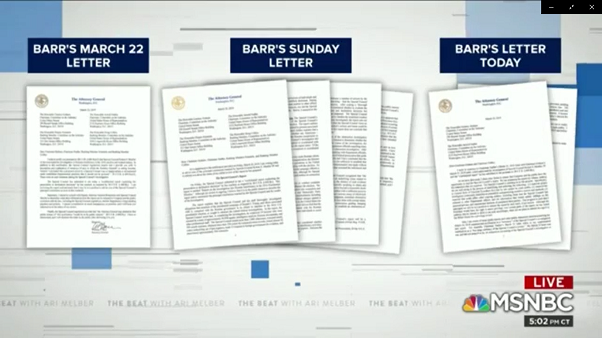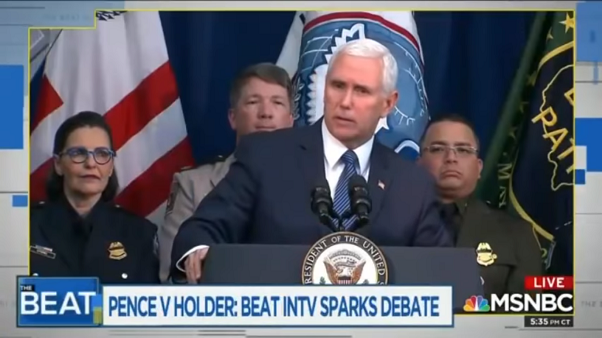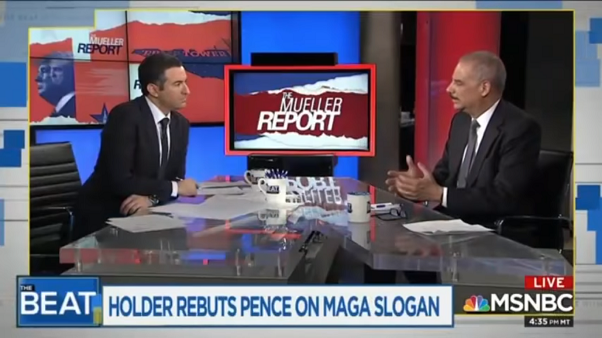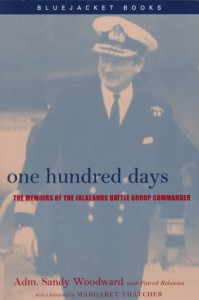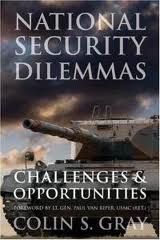Off to a good start, chyrons, headlines, phrases, metaphors, 31
Saturday, March 30th, 2019[ by Charles Cameron — Oxford the memory, Edward Said the music critic, WB Yeats and his Tom O’Roughley, Townes Van Zandt in the song of David Broza.. Barr and Aaliyah — four-page letters, kisses .. plus FaallBack, & Wiz Khalifa on my watch [!!] ]
Minefield, yes —
— but also two sides on one stage, so two virtues in the music of ideas:
polyphony — many voices, and counterpoint, the juxtaposition, clash and resolution of contrary points of view
For war and peace as symphonic, see Edward Said:
When you think about it, when you think about Jew and Palestinian not separately, but as part of a symphony, there is something magnificently imposing about it. A very rich, also very tragic, also in many ways desperate history of extremes – opposites in the Hegelian sense – that is yet to receive its due. So what you are faced with is a kind of sublime grandeur of a series of tragedies, of losses, of sacrifices, of pain that would take the brain of a Bach to figure out. It would require the imagination of someone like Edmund Burke to fathom.
Just a snippet — the first paragraph from the Guardian piece:
Lou Armour is a special needs teacher, an introspective man with a walking stick. If you passed him on the street you probably wouldn’t notice anything about him beyond his limp. But 35 years ago he yomped across the Falkland Islands and ran through a minefield under artillery fire on Mount Harriet. His section killed several Argentinians in a bloody battle and Armour found himself attending to a fatally wounded Argentinian soldier who spoke to him in English about visiting Oxford. He watched as the young man died.
Ah, Oxford.
That’s I’d say, is a very good start for this post.
**
Okay, back into the mire:
Defense One, The US Military Is Creating the Future of Employee Monitoring
Uh oh, just what we need!
As I said to Ali Minai, my view is that of WB Yeats in his poem Tom O’Roughley:
‘Though logic choppers rule the town,
And every man and maid and boy
Has marked a distant object down,
An aimless joy is a pure joy,’
Or so did Tom O’Roughley say
That saw the surges running by,
‘And wisdom is a butterfly
And not a gloomy bird of prey.‘If little planned is little sinned
But little need the grave distres.
What’s dying but a second wind?
How but in zigzag wantonness
Could trumpeter Michael be so brave?’
Or something of that sort he said,
‘And if my dearest friend were dead
I’d dance a measure on his grave.’
**
Back to the Mueller probe according to President Trump
:Many, many people were badly hurt by this scam, but more importantly, our country was hurt. Our country was hurt. And they are on artificial respirators right now. They are getting mouth-to-mouth resuscitation.
— and back to “little pencil-neck Adam Schiff” aka “Adam Schitt”:
He’s got the smallest, thinnest neck I’ve ever seen. He is not a long-ball hitter, but I saw him today, ‘Well we don’t really know, there still could have been some Russia collusion.’
Sick, sick.. these are sick people and there has to be accountability because it is all lies and they know it’s lies ..
Well then:
That’s an unexpected and welcome follow-up ..
**
And so to Trump:
Wildcard*****, a nice, slightly paradoxical example..
**
I’m watching Hanna (Amazon), starring the skilled and lovely Esme Creed-Miles:
Life, she is full of variety, no?
**
elshi & Ruhle:
**
MTP 3/29/2019:
Again, trump, trump, trump..
Rep Jamie Raskin, his way with words:
Attorney General Barr writes letters like Agatha Christie novels, there are more and more mysteries built into each one ..
[Impeachment] it’s the people’s defense against a president who’s acting like a king ..
Katy Tur:
**
The Beat, Ari Melber:
First, a stream of chyrons..
Aisha:
I’m dropping this four-page letter and enclosing it with a kiss..
Aside: the things we learn!!
Howard Fineman:
I think he’s part of the team..
Let me use a basketball analogy if you don’t mind.. You know how, at the end of a game when one team thinks it’s ahead and they spread the floor and start tossing the ball around to keep from getting fouled to stop the clock, that’s my interpretation [of Barr’s actions] here..
.. dozens of years of Yale Law School education, and we end at the freak-show tent ..
A pair:
Then there’s a quote from Obama’s Selma Bridge speech:
We are the people Langston Hughes wrote of who “build our temples for tomorrow, strong as we know how.” We are the people Emerson wrote of, “who for truth and honor’s sake stand fast and suffer long;” who are “never tired, so long as we can see far enough.”
That’s what America is. Not stock photos or airbrushed history, or feeble attempts to define some of us as more American than others.
Fallback, which I generally don’t like too much, but here —
— hunting and shooting a sleeping lion —

If you’re hunting to eat, that’s one thing ..
You want to impress me — go fight that lion with your bare hands, knuckles, teeth — and then come back and talk to me..
[cf past Maasai hunting traditions.. ]
— and which, further into the Fallback episode, brings us more music — Stay in ur lane:
**
So here I’ll take a break..











